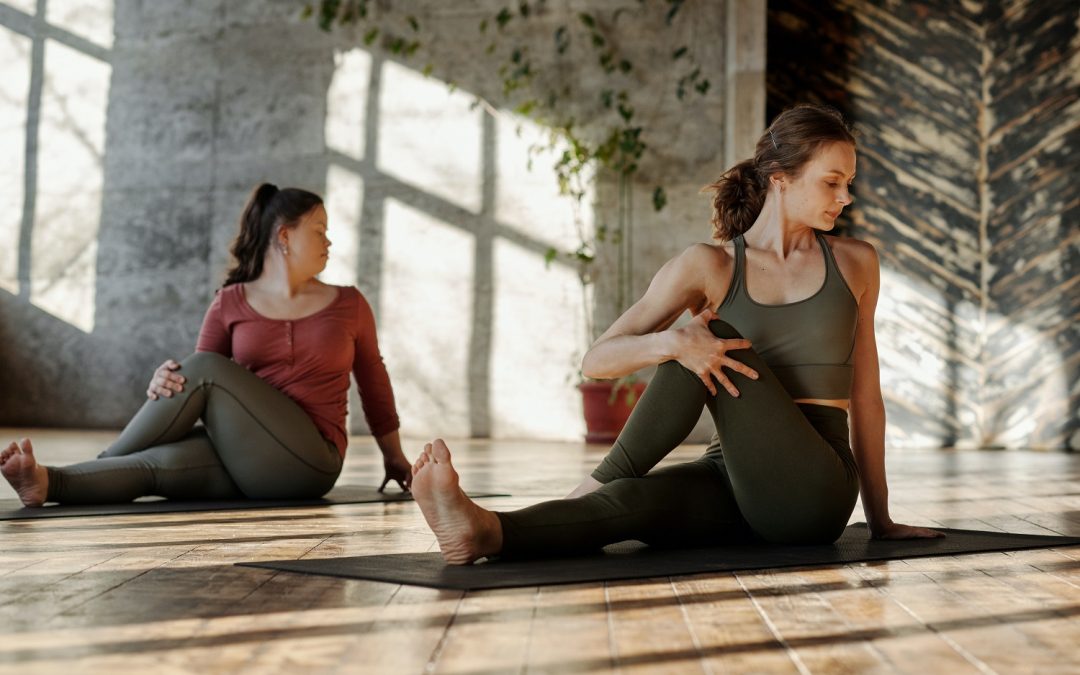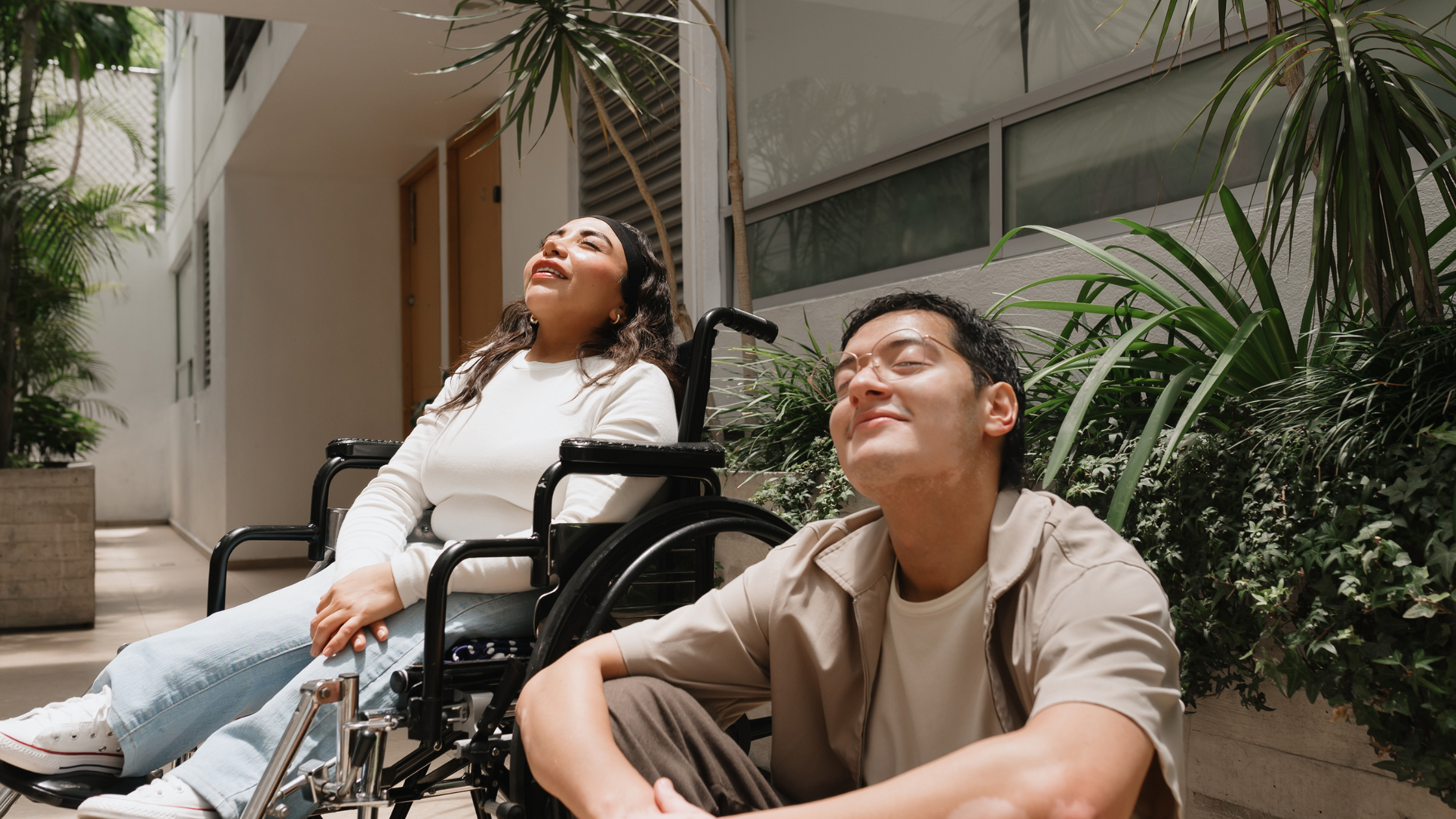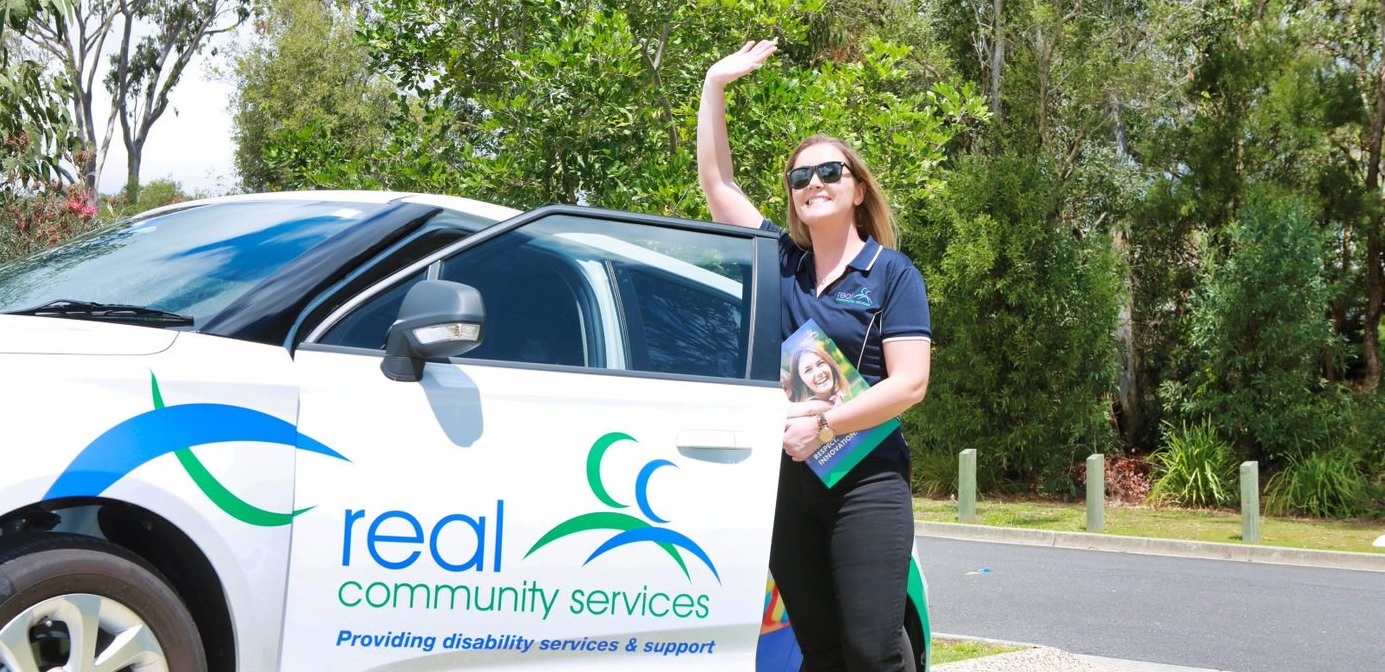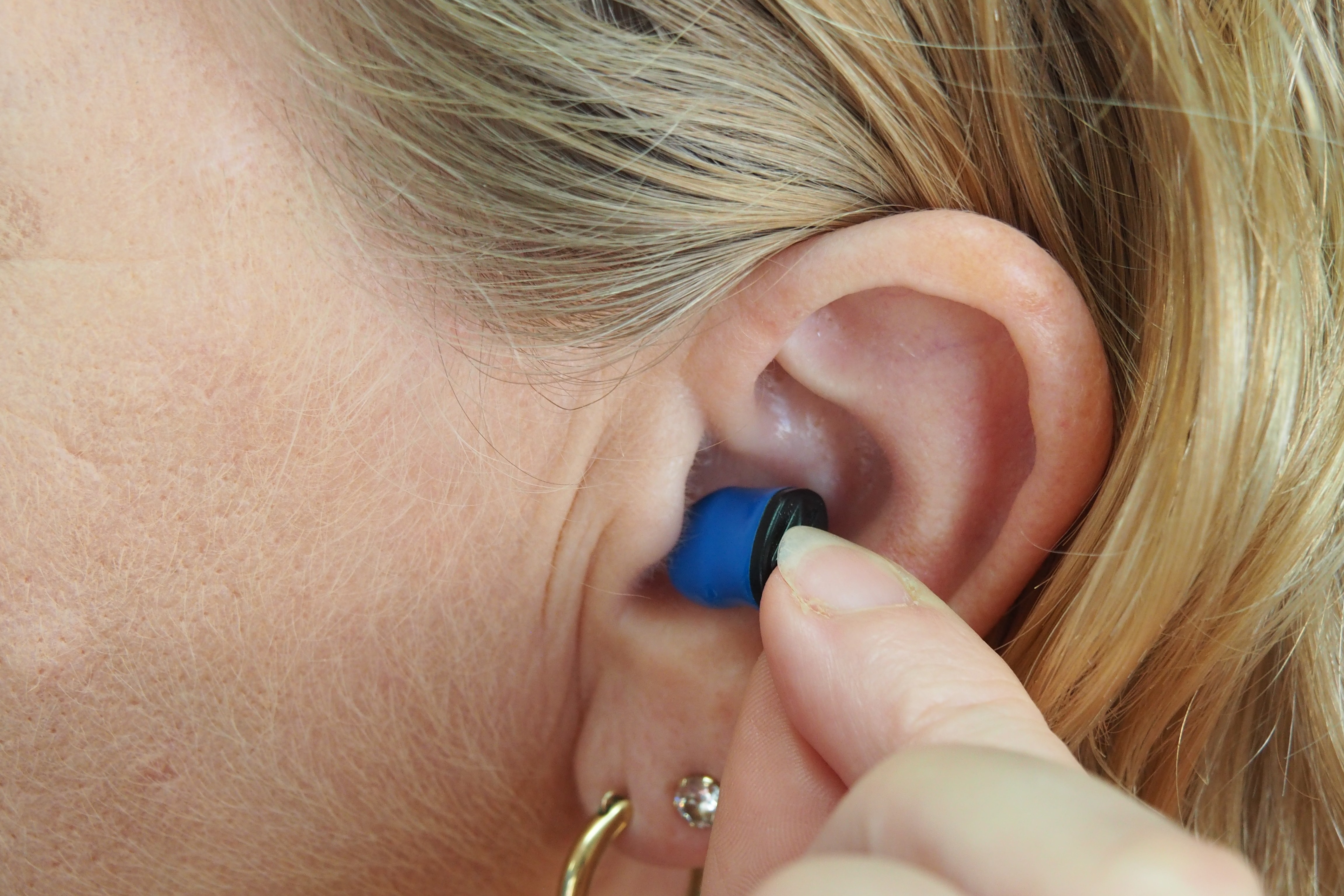What Are The Benefits Of Exercise If You Have A Disability?
We’ve all heard about the importance of keeping active and ensuring that we’re getting enough physical activity to keep us fit and healthy. But for many seniors and those living with a disability or specials needs, getting this daily physical activity can often seem challenging and tends to fall to the bottom of the priority list. From pre-existing health conditions, movement constraints, and the need for extra support, many factors can mean that seniors and those living with disabilities are much more likely to miss out on the many benefits that physical activity can bring.
In fact the 2019 Australian National Health Survey found that 65% of adults with disability aged 18–64 do not do enough physical activity, compared with only 48% without disability. And 85% of those 65 years and older living with a disability do not get enough physical activity, compared with 62% without disability.
Whether it’s a daily walk with the family dog, a run around the park or playground, or a structured exercise plan with a physiotherapist or trainer, here are just 4 quick benefits from getting out and taking part in physical activity.
Benefit 1: Increased social interaction
Getting out doors and joining in on some physical activity is a great way to socialise, catch up with friends, and meet new people. You can meet up with friends and head to the park, join a local walking group, or take swimming lessons. As you increase social interactions and build new friendships you’ll also notice a boost in self-confidence, improved communication skills, and you’ll become more involved within your local community.
Benefit 2: Mental health
Going hand in hand with making new friends and a boosted self-confidence, increasing your physical activity is a great way to improve your overall mental health. Regular physical activity has been shown to help reduce mental health issues like stress, anxiety, and depression. Even a short amount of physical activity can help give the body a boost of endorphins and automatically improve your mood.
Benefit 3: Increased mobility and reduced risk of injury
Seniors and those with special needs who tend to spend the majority of their days sitting down are prone to weakened muscles, poor balance and blood flow, and decreased stamina when walking or moving about. Incorporating a small amount of movement into their daily routine can greatly help build muscle and joint strength, improve balance and help build hand eye coordination. All of which will prevent injuries from falls, reduce the risk of strained muscles, and improve flexibility and overall strength. Regular physical activity will also help build bone mineral density, which is important in reducing the risk of fractures and osteoporosis.
Benefit 4: Reduced risk of long term health diseases
One of the biggest benefits to getting daily physical activity is the long term and overall health benefits like a decreased risk of:
- Cardiovascular diseases
- High blood pressure
- Obesity, and
- Diabetes
Physical activity can also help increase brain size and improve memory, reducing the risk of dementia, and strengthening and improving lung function.
Need some extra help making physical activity part of your routine? Our tailored support programs and carers can help you get moving through social and community participation programs, or through an in home support plan.

















